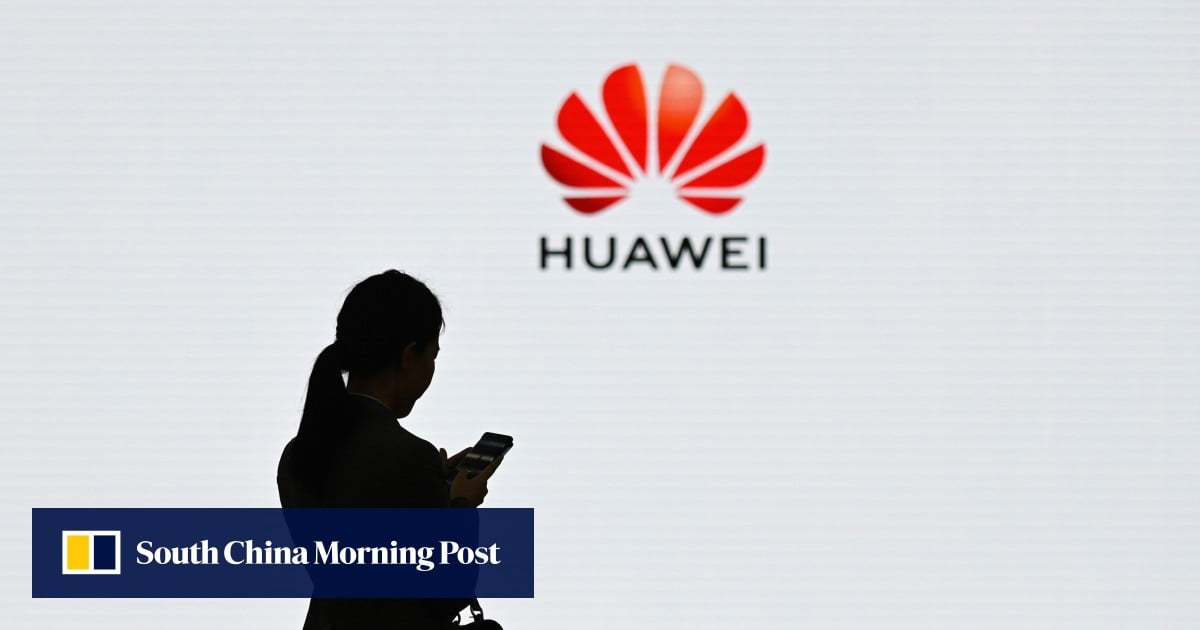
The Commerce Department, which oversees US export policy, said in May it had revoked “certain” licences, as first reported by Reuters, but did not specify the name or number of suppliers that were affected. Licences for Qualcomm and Intel were among those revoked, Reuters reported at the time.
“Since the beginning of 2024, (the Commerce Department) has revoked eight additional licences involving Huawei,” the agency said in the document, prepared in response to an inquiry by Republican congressman Michael McCaul.
According to the document, licence approvals for Huawei include “exercise equipment and office furniture and low-technology components for consumer mass-market items, such as touchpad and touch-screen sensors for tablets,” which are widely available in China from Chinese and foreign sources, the Commerce Department said.
Huawei and Qualcomm did not respond to requests for comment. Intel declined to comment. A spokesperson for the House Foreign Affairs Committee, which is chaired by McCaul, said it had received the data on Tuesday and is reviewing it.
The details shed new light on measures the Biden administration is taking to thwart Huawei, as the company has started to rebound despite Washington’s efforts to cripple it on national security grounds. Huawei has denied it is a security risk.
Huawei was placed on a US trade restriction list in 2019 amid fears it could spy on Americans. Being added to the list means the company’s suppliers have to seek a special, difficult-to-obtain licence before shipping.
But Huawei suppliers have received licences worth billions of dollars to sell Huawei goods and technology, thanks to a policy introduced by the Trump administration that allowed a much broader swathe of items to flow to the firm than is typical for an entity-listed company.
The summary also states that from 2018 to 2023, the agency approved US$335 billion worth of licences out of a total US$880 billion applications seeking permission to sell to Chinese parties on the entity list.
Of those approvals, US$222 billion worth came in 2021, Biden’s first year in office, out of US$560 billion in applications received that year, the agency added.

